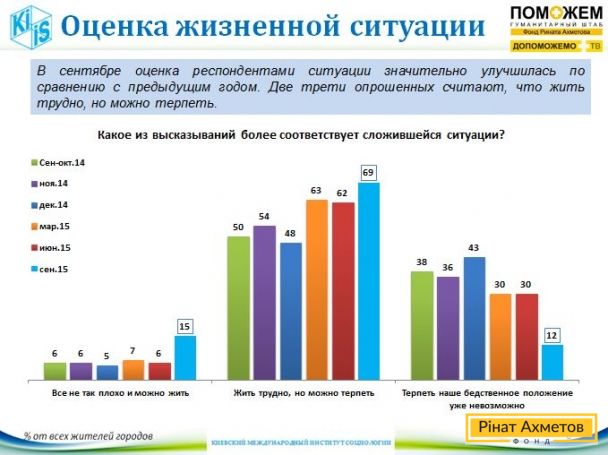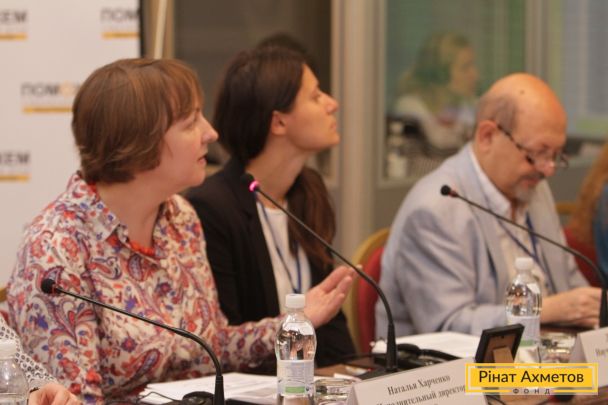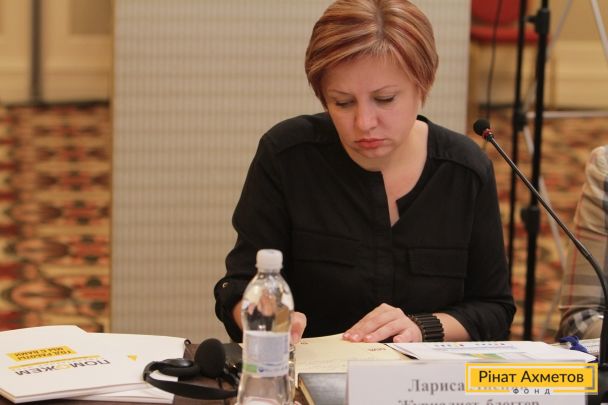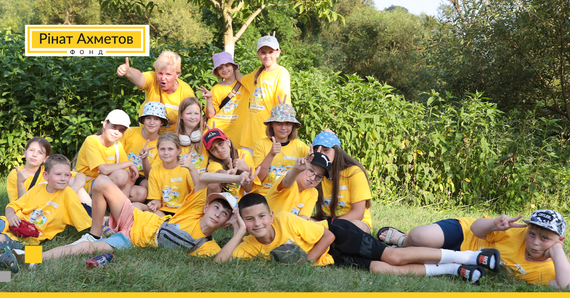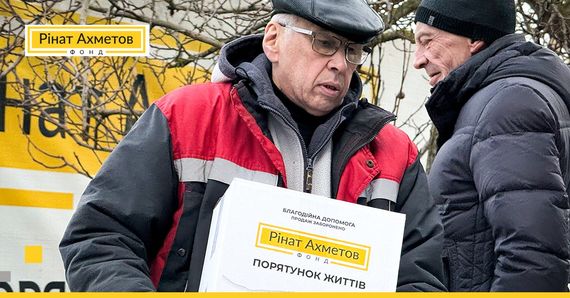Two thirds of Donbas residents think that «it is difficult to live this way, but possible to handle»
69% of residents of the most distressed towns of Donetsk and Luhansk regions declare that "it is difficult to live this way, but possible to handle". This was told by Executive Director at Kyiv International Institute of Sociology (KIIS) Natalia Kharchenko during the roundtable meeting on "Humanitarian map of Donbas: key requirements, the situation in education and employment sectors", held by Rinat Akhmetov Humanitarian Center in Kyiv today.
According to her, the assessment of the situation by Donbas residents has significantly improved vs the previous year. Back then, 48% agreed with this statement. It bears reminding that in December 2014 43% of the polled respondents in Donetsk and Luhansk regions stated that tolerating this distress was no longer possible. In September 2015 the number of such people has reduced to 12%.
Natalia Kharchenko explains the improvement of people's mood by suspension of active hostilities in Donbas.
"Improvement of the situation in towns was noticed by 44% of respondents, and only 2% observed deterioration. Obviously this is due to suspension of hostilities. 36% of respondents reported about active military actions in their town in June, and in September this was mentioned only by 7%. According to respondents, the actual ceasefire has been established in most of the towns since the end of August", – Natalia Kharchenko mentioned.
Despite the overall improvement of the situation, the prices for food products remain high and people's income is low and unstable, that is why humanitarian aid remains relevant. And the shortage of essential medications is especially acute.
During the roundtable meeting the journalist and volunteer Larisa Lisnyak shared her own observations on how the situation changed and how accurately it is reflected in the Humanitarian map researches.
"Life in Donetsk is better than in other towns in non-government-controlled areas, although there is a division into loud and quiet areas. People still live in basements in the outskirts of the city, despite the fact that the shelling has ceased. They are used to it. They are psychologically injured, practically tied to the situation they live in. During the whole last year they were trying not to live, but survive, – Larisa Lisnyak assures. – However, the life in the central part of Donetsk is almost no different from any other peaceful town of Ukraine. Everything is working – municipal services, cafés and transportation. There are more people on the city streets in September. Some of the damaged buildings still remind of the recent shelling, but nothing reminds of war in general".
According to the volunteer, the prices in Donetsk stores are twice higher than in Ukrainian towns, but the situation is gradually stabilizing and the prices tend to decline. The major food products are available, the main thing is to have money to buy them. Pharmacies are filled with basic medications, but there is no insulin or other pharmaceuticals that are necessary for treatment of severe or complex diseases, they are purchased outside the non-government-controlled areas.
"The humanitarian aid from Rinat Akhmetov Humanitarian Center is much demanded and the most noticeable here. People are well aware of the Humanitarian Center's activity, and the residents of NGCA associate the Center's work with Ukraine, because all products are purchased and delivered from there, – Larisa Lisnyak states. – People not only thank the Humanitarian Center for help during this difficult time, but also note that "if not this humanitarian aid, we would have lost connection with Ukraine".
